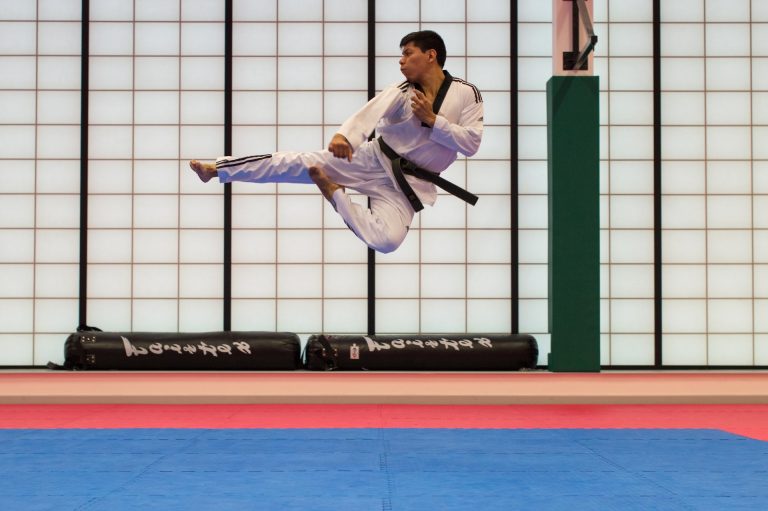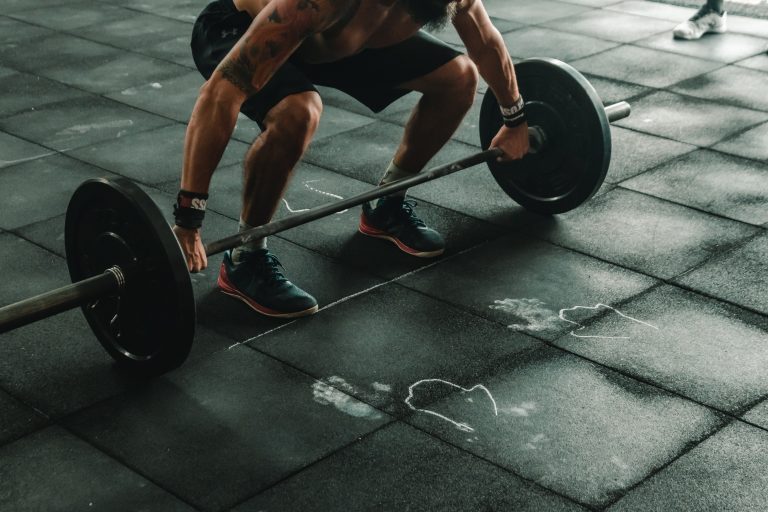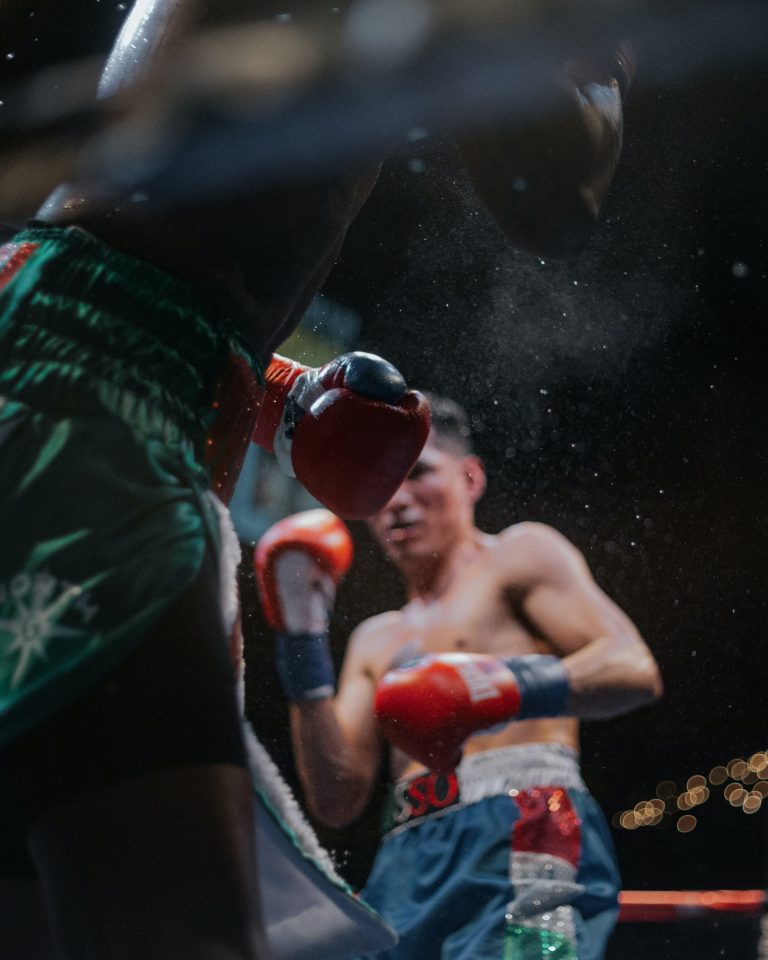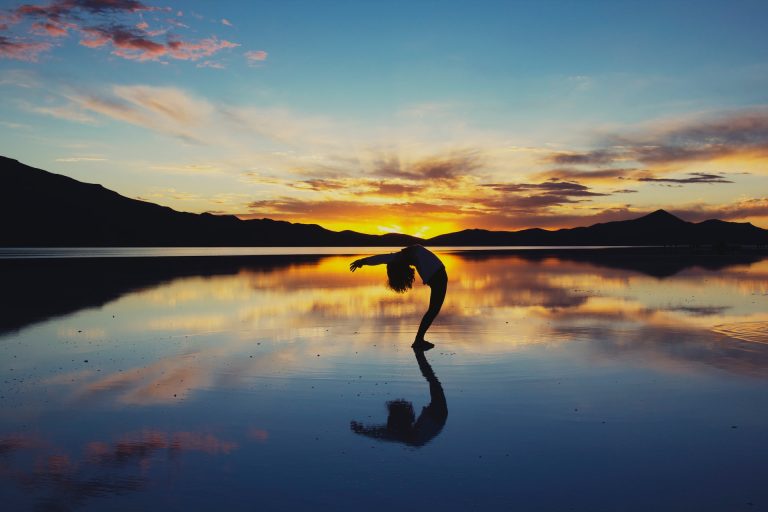The Importance of Meditation in Karate Training
Meditation and karate training might not seem like an obvious pairing, but they are actually closely intertwined. Many karate instructors incorporate meditation into their classes and training sessions. In fact, some view meditation as an essential part of karate development. In this article, we will explore the benefits of meditation in karate training.
What is Karate?
Karate is a Japanese martial art that focuses on striking techniques, such as kicks and punches. It is often associated with self-defense and physical fitness. However, karate is much more than that. It is a discipline that includes mental and spiritual growth.
The Benefits of Meditation in Karate Training
Meditation is a mental practice that involves focusing one’s attention on a particular object, thought or activity. In the context of karate training, meditation can have several benefits:
1. Improved focus and concentration
Meditation can help karate practitioners improve their focus and concentration. By practicing meditation regularly, one can train the mind to focus on the present moment and block out distractions. This can be especially helpful during sparring matches or in other high-pressure situations.
2. Reduced stress and anxiety
Karate training can be physically and mentally demanding, which can lead to stress and anxiety. Meditation can help reduce stress and anxiety by promoting relaxation and calmness. By practicing meditation, karate practitioners can develop coping mechanisms to deal with stress and anxiety.
3. Heightened awareness
Meditation can help karate practitioners develop a heightened awareness of their surroundings. By focusing on the present moment, one can train the mind to be more aware of one’s surroundings and potential threats. This can be particularly useful in self-defense situations.
4. Spiritual growth
For many karate practitioners, the martial art is not just about physical fitness or self-defense. It is also a path for spiritual growth. Meditation can help practitioners connect with their inner selves and achieve a sense of inner peace and harmony.
How to Incorporate Meditation into Karate Training
There are several ways to incorporate meditation into karate training. Some instructors may start or end each class with a brief meditation session. Others may incorporate meditation into specific techniques or sequences. There are also many resources available for karate practitioners who want to practice meditation outside of their training sessions.
Conclusion
Meditation and karate might seem like an unlikely pairing, but they are actually closely intertwined. Meditation can have many benefits for karate practitioners, including improved focus and concentration, reduced stress and anxiety, heightened awareness, and spiritual growth. By incorporating meditation into their training, karate practitioners can enhance their overall karate experience and achieve a more well-rounded practice.
The Importance of Meditation in Karate Training: Answering Your Top Questions
Meditation is an essential component of traditional karate training, helping to improve focus, discipline, and overall well-being. Although the benefits of meditation in karate are well-known, many people still have questions about this ancient practice. In this blog post, we’ll answer some of the most frequently asked questions about the importance of meditation in karate training.
1. What is Meditation?
Meditation is a practice that involves focusing your attention on a particular object, thought or activity. It is a way of training your mind to concentrate and enter into a state of relaxation. Meditation has been used for thousands of years in spiritual, religious and secular traditions as a way of achieving inner peace, improving health, and developing mental and emotional clarity.
2. How Does Meditation Benefit Karate Training?
Meditation helps Karate practitioners to develop a range of skills that are essential for their training. These include:
Improved Concentration:
Meditation helps practitioners to focus their attention on their breathing, which makes it easier to concentrate on their techniques and movements during training.
Enhanced Discipline:
Meditation involves sitting still for a prolonged period, which requires discipline and self-control. Practicing meditation regularly can help karateka develop greater self-control, which is a crucial quality that is required for effective martial arts training.
Better Mental Clarity:
Meditation can help to reduce anxiety, stress, and depression and promote greater mental clarity and emotional stability. These qualities are essential for effective martial arts training, as they allow practitioners to stay focused, calm and energized.
3. What Techniques are Used in Meditation for Karate?
Some of the most commonly used techniques in karate meditation include:
Zazen:
Zazen involves sitting in a cross-legged position and focusing your attention on your breath. This technique is used to develop concentration and awareness.
Breathing Exercises:
Breathing exercises involve controlling your breath to regulate your body and mind.
Visualization:
Visualization involves creating mental images of your movements and techniques. This technique can help develop a deeper understanding of your techniques and improve your performance.
Mantra Repetition:
Mantra repetition involves repeating a specific sound or word to help achieve a state of relaxation and concentration.
4. How Often Should Meditation be Practiced for Karate Training?
Meditation can be practiced daily, weekly or as often as you like. However, for the best results, it is recommended that you practice meditation at least once or twice a day for 20-30 minutes. Regular practice is essential for developing the qualities required for effective karate training, such as focus, discipline and emotional stability.
5. Is Meditation Suitable for Everyone?
Yes, meditation is suitable for people of all ages and backgrounds. However, it is important to consult a doctor before starting any new exercise program, including meditation. It is also important to start with a basic meditation technique and gradually progress to more challenging methods as you become more experienced.
6. Can Meditation Help Reduce Stress and Anxiety?
Yes, meditation has been shown to be an effective way of reducing stress and anxiety. Regular practice of meditation can help to calm the mind, reduce stress, and promote overall emotional and physical well-being. Research has also shown that meditation can help to reduce symptoms of depression and improve sleep quality.
7. How Can I Get Started with Meditation for Karate Training?
To get started with meditation for karate training, it is recommended that you:
1. Find a quiet, comfortable space where you won’t be disturbed.
2. Sit comfortably with your back straight and your eyes closed or slightly open.
3. Focus your attention on your breath or another object of meditation.
4. Start with a basic meditation technique and gradually progress to more challenging methods.
5. Practice regularly and consistently.
Conclusion
In summary, meditation is an essential component of traditional karate training, helping to improve focus, discipline, and overall well-being. By incorporating meditation techniques into your training routine, you can develop the qualities required for effective martial arts training, such as concentration, self-control, and mental and emotional clarity. Whether you’re a beginner or an experienced karateka, regular meditation practice can help you to achieve your training goals and enhance your overall quality of life.
Inhaltsverzeichnis






